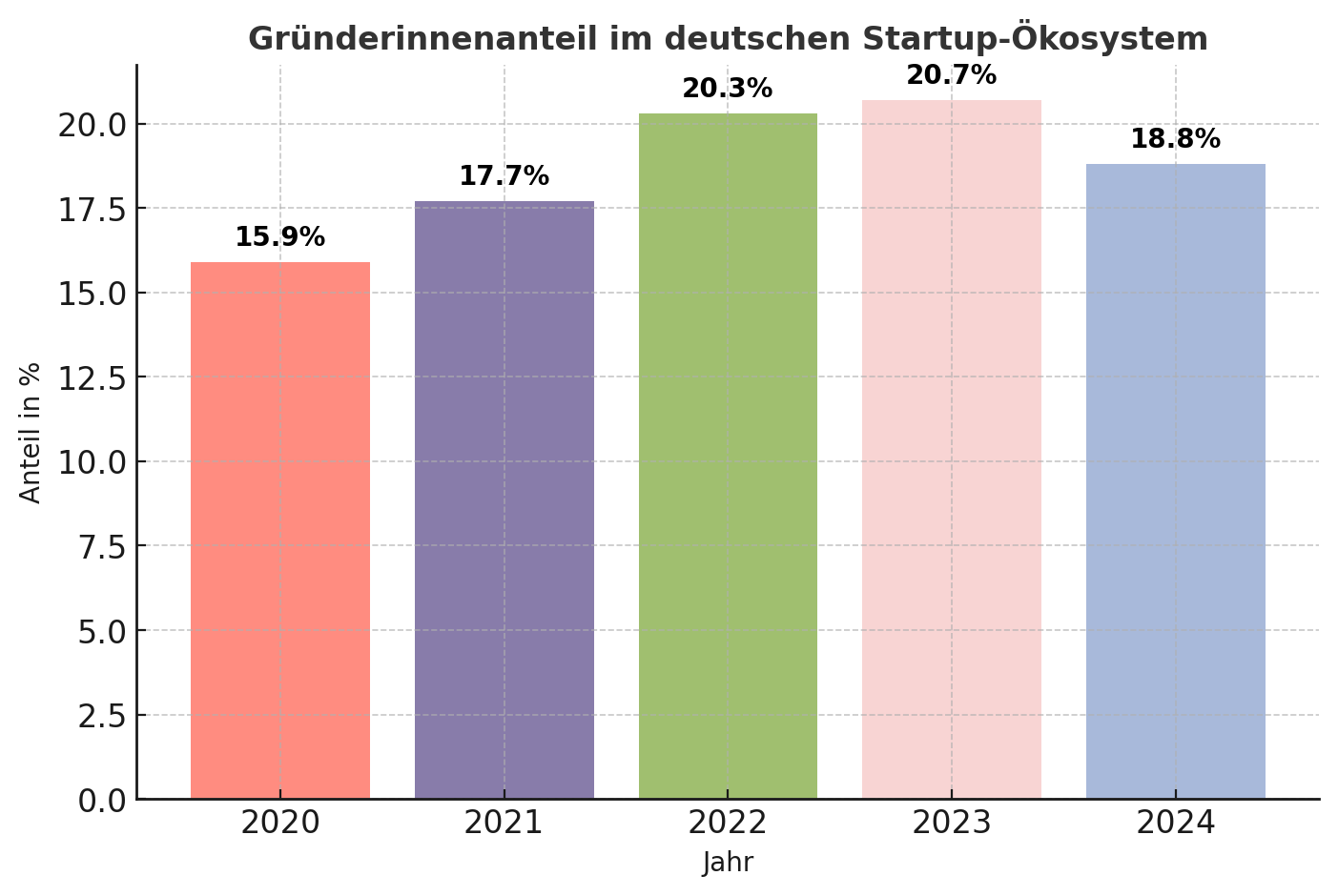What's in store for start-ups in 2021

New support from the state, some changes to the law and possible top IPOs are on the horizon: The new year brings changes that should interest most founders.
The year 2020 was dominated by one topic: Corona, corona, and more corona. To be honest, 2021 will not be any different immediately. But in addition to the omnipresent pandemic, there are a few other topics that will be important in the coming months. A brief overview:
A sovereign wealth fund is on the way
The Ministry of Economics and the Ministry of Finance have long been discussing a state growth fund to end the shortage of venture capital in Germany. The plans finally became concrete in the fall. Among other things, those responsible are now planning a fund of funds that will support venture capitalists, and private investors are also to get involved. Among others, politicians are targeting insurers who want to invest large sums of money but have so far shied away from investing in start-ups.
The federal government alone wants to make ten billion euros available by 2030. The fund could be managed by the state development bank KfW. The budget politicians in the Bundestag have already given their approval. A final decision could therefore be made before the Bundestag elections in September.
A reform of the taxation of employee share ownership is also currently in the parliamentary process. From mid-2021, the maximum tax-free amount is to rise from 360 to 720 euros. In addition, employees will have to pay tax on the profits when they sell the shares. This is intended to make share ownership models more attractive for employees.
Changes to the law take effect
First of all, some coronavirus aid is likely to expire. For example, the reduction in VAT, which was intended to boost consumption, has no longer been in place since January 1. Rates of 19 or seven percent now apply again.
What is still possible is to pay your own employees a one-off tax-free coronavirus bonus of 1,500 euros. The corresponding regulation runs until June 30.
The new regulation on investment deductions could be interesting for founders. This sounds complicated, but in principle it simply means that the purchase price of a capital good can be deducted from profits before it is acquired. Two changes are coming into force, including retroactively for 2020: Firstly, there is now an upper profit limit of 200,000 euros, regardless of the accounting method, up to which the amount may be claimed. In addition, 50 percent instead of 40 percent of the costs are now deductible.
The sickness certificate goes digital
Scholars argue about the success or failure of bureaucracy reduction in Germany. However, one sensible project was launched at the turn of the year: electronic sick notes have been possible since January 1st. Previously, employees were given three pieces of paper: one for the employer, one for the health insurance company and one for themselves. Now the doctor sends the certificate directly to the insurance company, which in turn makes it available to the employer. There is still a transitional period until December 31, 2021, during which the paper certificate will still be available. From 2022, however, this will be over for good. This should also reduce bureaucracy in start-ups.
At least one start-up could go public
There were no major IPOs by start-up stars in Germany in 2020. That could change this year.
One very hot candidate for the trading floor is the used car platform Auto1, which is said to have already commissioned banks to prepare an IPO. A valuation of around five billion euros is considered likely.
According to Manager Magazin, the online fashion retailer About You, a subsidiary of the Otto Group, has also been planning to go public for several months. The Zalando competitor could be worth around three billion euros on the market.
Other possible candidates include the Prosiebensat.1 subsidiary Parship, the comparison portal Check24 and the long-distance bus company Flixmobility. However, it remains to be seen whether all of these companies will take the plunge onto the stock market this year or wait for the coronavirus pandemic to subside. Flixmobility, for example, is reportedly already considering postponing its long-awaited IPO until 2022.

Newsletter
Startups, stories and stats from the German startup ecosystem straight to your inbox. Subscribe with 2 clicks. Noice.
LinkedIn ConnectFYI: English edition available
Hello my friend, have you been stranded on the German edition of Startbase? At least your browser tells us, that you do not speak German - so maybe you would like to switch to the English edition instead?
FYI: Deutsche Edition verfügbar
Hallo mein Freund, du befindest dich auf der Englischen Edition der Startbase und laut deinem Browser sprichst du eigentlich auch Deutsch. Magst du die Sprache wechseln?























